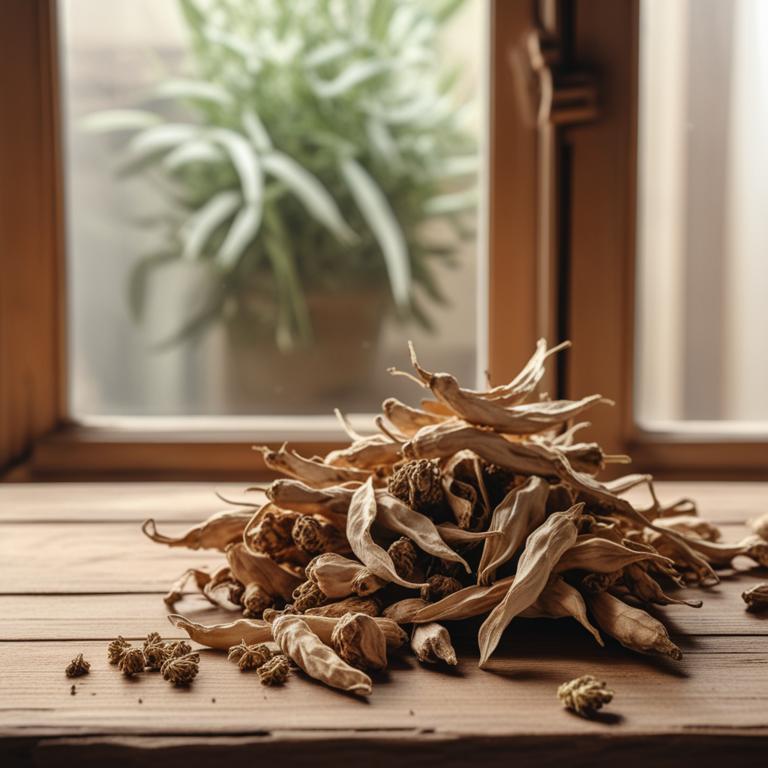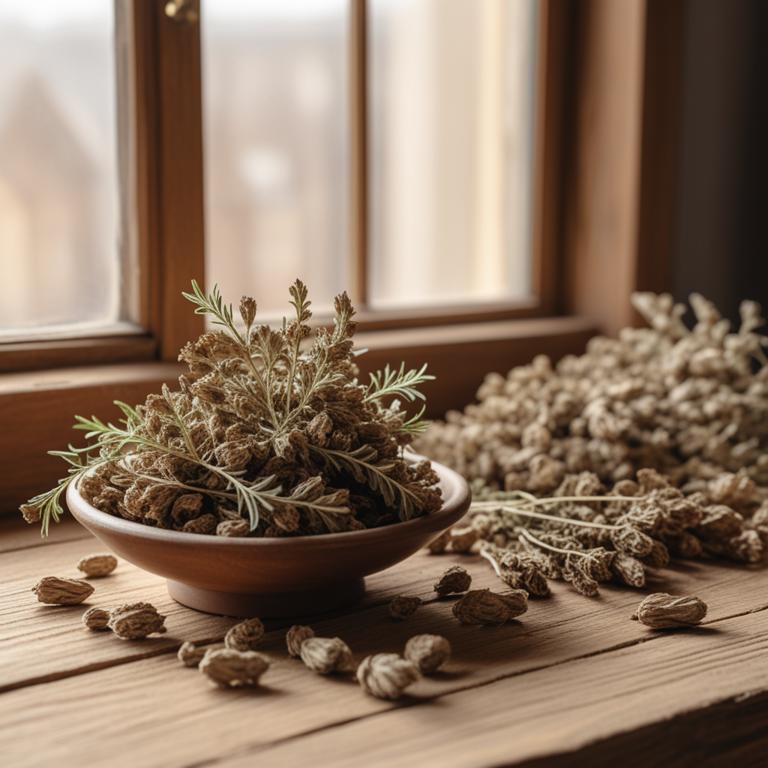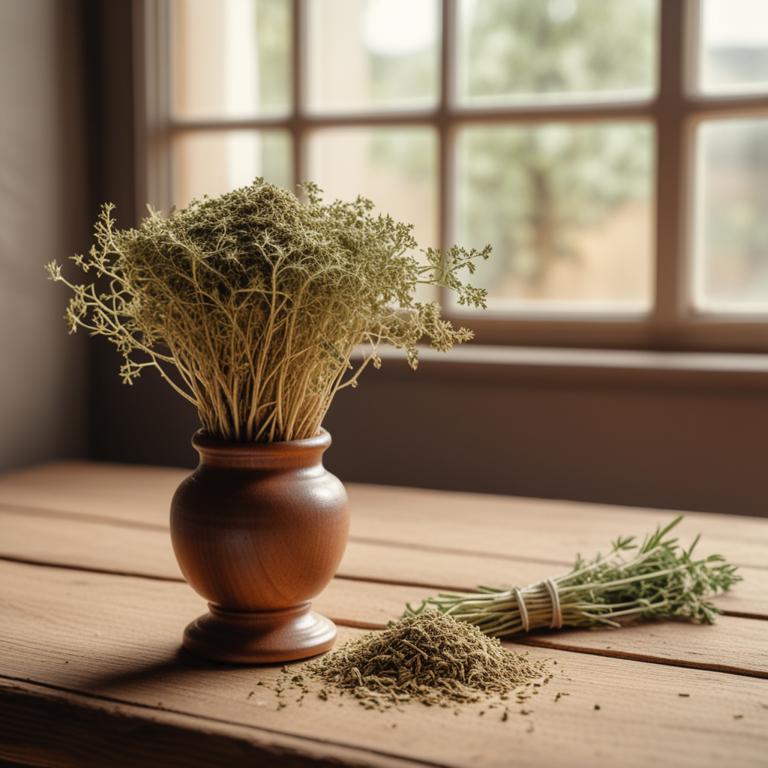Updated: Dec 1, 2024
Causes, Symptoms, and Herbal Relief for Acid Reflux

Acid reflux is a common condition where stomach acid flows back up into the esophagus, causing a burning sensation in the chest and throat.
It can disrupt daily life, making it hard to eat, sleep, and even enjoy favorite foods. Acid reflux is often caused by a weak lower esophageal sphincter, which is the muscle that separates the esophagus and stomach. Other factors like eating too much, lying down after meals, and consuming spicy or fatty foods can also trigger acid reflux. Herbal remedies have been used for centuries to soothe and heal acid reflux.
One of the key herbs is ginger, which has natural anti-inflammatory properties that can help calm the digestive system. Licorice root is another herb that can help protect the mucous membranes in the esophagus and stomach, reducing inflammation and discomfort. Slippery elm, with its soothing and protective properties, can also help heal and calm the digestive tract. To use these herbs, you can try making teas by steeping dried ginger, licorice root, or slippery elm in hot water. You can also take them in capsule or tincture form, or add them to soups and stews.
Some people also find relief with herbal infusions like peppermint and chamomile, which can help relax the muscles and ease digestive discomfort.
Table of Contents
What triggers acid reflux?
The main causes of acid reflux are often related to our daily habits and food choices.
Overeating is a significant contributor, as it puts pressure on the stomach, causing stomach acid to flow back up into the esophagus. This pressure can also be caused by lying down after eating, making it harder for the stomach to digest food properly. Citrus fruits and juices, like oranges and grapefruits, are high in acidity, which can irritate the esophagus and trigger acid reflux.
Chocolate, particularly dark chocolate, contains compounds that relax the lower esophageal sphincter, allowing stomach acid to flow back up into the esophagus. Caffeine is another culprit, as it can stimulate the muscles in the stomach and intestines, causing stomach acid to flow up into the esophagus. Spicy food can also trigger acid reflux, as it can irritate the esophagus and cause the lower esophageal sphincter to relax. Fatty foods, such as fried foods and rich sauces, can take longer to digest, putting pressure on the stomach and causing stomach acid to flow back up into the esophagus.
These foods can also slow down digestion, allowing stomach acid to flow up into the esophagus and causing discomfort and pain.
What benefits can be gained from using herbs to treat acid reflux?
Using herbs for acid reflux can be a game-changer for people who experience heartburn and discomfort.
These plants have been used for centuries to calm the digestive system and reduce inflammation. One of the main benefits of using herbs is that they can help relax the muscles in the esophagus and lower the amount of acid produced in the stomach.
This can provide quick relief from symptoms like burning sensations and difficulty swallowing. Additionally, herbs can help soothe the lining of the esophagus, reducing irritation and inflammation. Some herbs also have anti-inflammatory properties, which can help reduce swelling and pain in the esophagus and stomach.
By using herbs, people can also avoid the side effects and costs associated with prescription medications, making it a more natural and affordable option.
What are the main medicinal plants used for acid reflux?

Herbs have been used for centuries to help with acid reflux, and for good reason.
Some of the most effective herbs for reducing acid reflux are Zingiber officinale, also known as ginger, Glycyrrhiza glabra, or licorice root, Foeniculum vulgare, also known as fennel, Mentha x piperita, or peppermint, and Cinnamomum verum, or cinnamon. Ginger helps to calm the stomach and reduce inflammation, which can contribute to acid reflux. Licorice root, on the other hand, has anti-inflammatory properties that can help to soothe the esophagus and reduce acid production.
Fennel seeds have been shown to relax the muscles in the digestive tract, which can help to prevent stomach acid from flowing back up into the esophagus. Peppermint oil has a calming effect on the stomach and can help to reduce nausea and discomfort. Cinnamon has been found to have a similar effect to ginger, reducing inflammation and calming the stomach.
All of these herbs work together to help alleviate the symptoms of acid reflux, and can be consumed in various forms, such as teas, capsules, or oils.
What are the most commonly used herbal remedies for acid reflux?
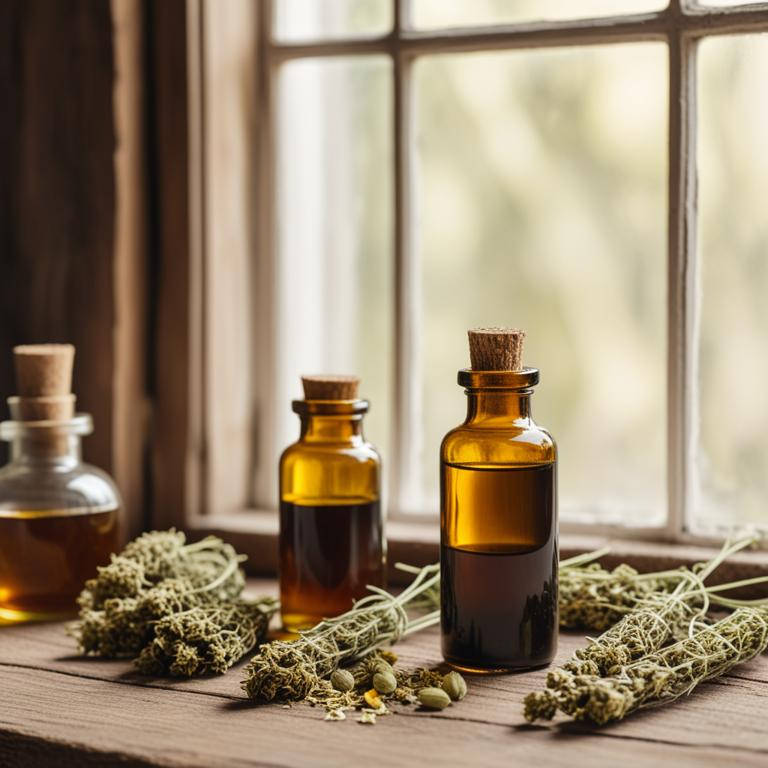
Herbal preparations can be a great way to help with acid reflux.
A decoction is a liquid made by steeping herbs in hot water for a longer time, which can be beneficial for acid reflux because it helps to break down and release the active ingredients from the herbs, making them easily absorbed by the body. A tincture, on the other hand, is a concentrated liquid made by soaking herbs in a solvent, such as alcohol or glycerin. This can be good for acid reflux because it allows you to take a smaller dose of the herb, which can be easier on your stomach. Taking a capsule filled with dried herbs can also be a good option. The herbs are dried and then put into a capsule, which you can take with water.
This is a convenient way to take herbs, especially if you're not a fan of the taste. An infusion is similar to a decoction, but it's made with cold water and it's used for herbs that are too delicate to be used with hot water. This can be a good option for people who can't tolerate hot liquids. A salve is a topical preparation made with herbs and oils that you apply directly to the skin. If you experience acid reflux in the chest or throat area, a salve can be a good option because it can help to soothe and calm the area.
Herbal preparations like these can be a great alternative to prescription medications, but it's always a good idea to talk to a healthcare professional before starting any new treatment, especially if you have a severe case of acid reflux.
Additional Resources:
What herbs should be avoided by individuals with acid reflux?
If you have acid reflux, it's a good idea to be careful with certain herbs that can make the problem worse.
For instance, Capsicum annuum, also known as hot peppers, can be too spicy and irritate your stomach, making acid reflux symptoms even more uncomfortable. Rosmarinus officinalis, or rosemary, can also be a problem because it can relax the muscles at the bottom of your esophagus, allowing stomach acid to flow back up into your throat.
Piper nigrum, or black pepper, is another one to watch out for because it can also irritate your stomach lining, making acid reflux symptoms worse. Artemisia absinthium, or wormwood, can be a bit tricky because it can slow down digestion and make your stomach work harder, which can lead to more acid production and worse reflux symptoms.
Ruta graveolens, or rue, can be a problem because it can stimulate your stomach and make it produce more acid, which can make acid reflux symptoms even more uncomfortable.
FAQ
Are there any specific herbs that can prevent acid reflux?
Ginger has been found to help alleviate acid reflux symptoms.
Its anti-inflammatory properties may reduce inflammation in the esophagus, which can contribute to acid reflux. Additionally, licorice root has been shown to have a soothing effect on the stomach lining, potentially helping to prevent acid reflux.
These herbs may help provide relief from acid reflux symptoms.
Is it safe to use herbal remedies for acid reflux during pregnancy?
During pregnancy, it's best to be cautious with herbal remedies for acid reflux.
Some herbs may affect the baby's growth or cause other pregnancy complications. If you're considering using herbal remedies, make sure to check their safety and effectiveness for pregnant women.
Always choose products from reputable sources and follow the recommended dosage.
Are there any herbs that can reduce the frequency of acid reflux?
Ginger is often used to help reduce acid reflux.
It's thought to work by relaxing the muscles in the digestive tract and helping food move through the system more smoothly. Some people also find that peppermint helps ease symptoms.
Fennel is another herb that may help calm the digestive system and reduce heartburn.
Can i combine different herbal remedies for acid reflux?
Combining herbal remedies for acid reflux can be tricky.
Some herbs may interact or worsen symptoms. For example, licorice root can raise blood pressure, while ginger can lower it. If you're trying to use multiple herbs, start with small amounts and monitor how your body reacts.
Be cautious and make adjustments as needed.
Related Articles

Understanding Gastroenteritis: Causes, Medicinal Herbs, and Herbal Preparations
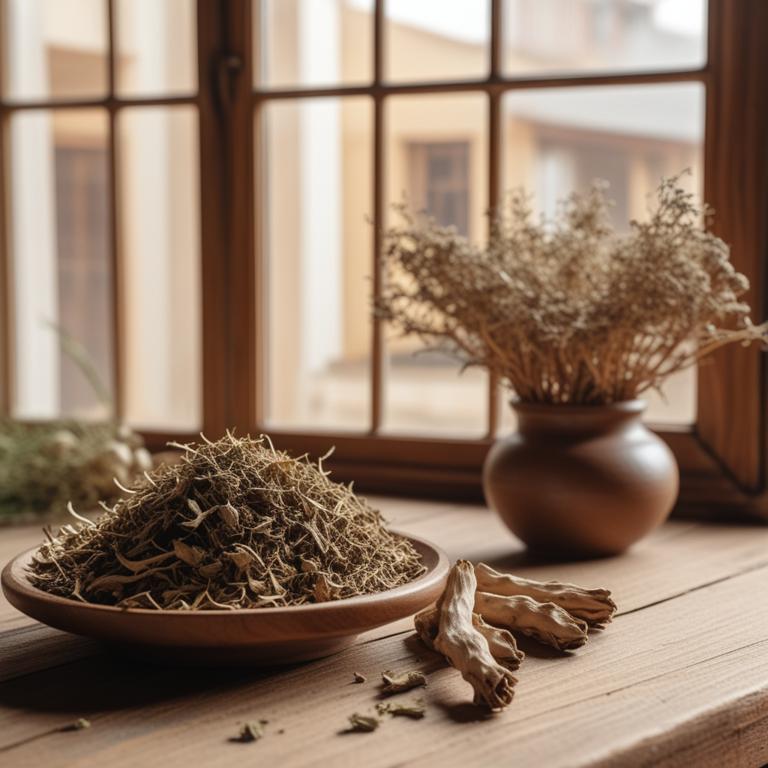
Causes, Symptoms, and Herbal Relief for Acid Reflux

Cavities Causes and Natural Treatment Options with Medicinal Herbs and Herbal Preparations

Stomach Cramps: Effective Herbal Preparations and Medicinal Plants

Jaundice Causes and Natural Herbal Treatments Explained
